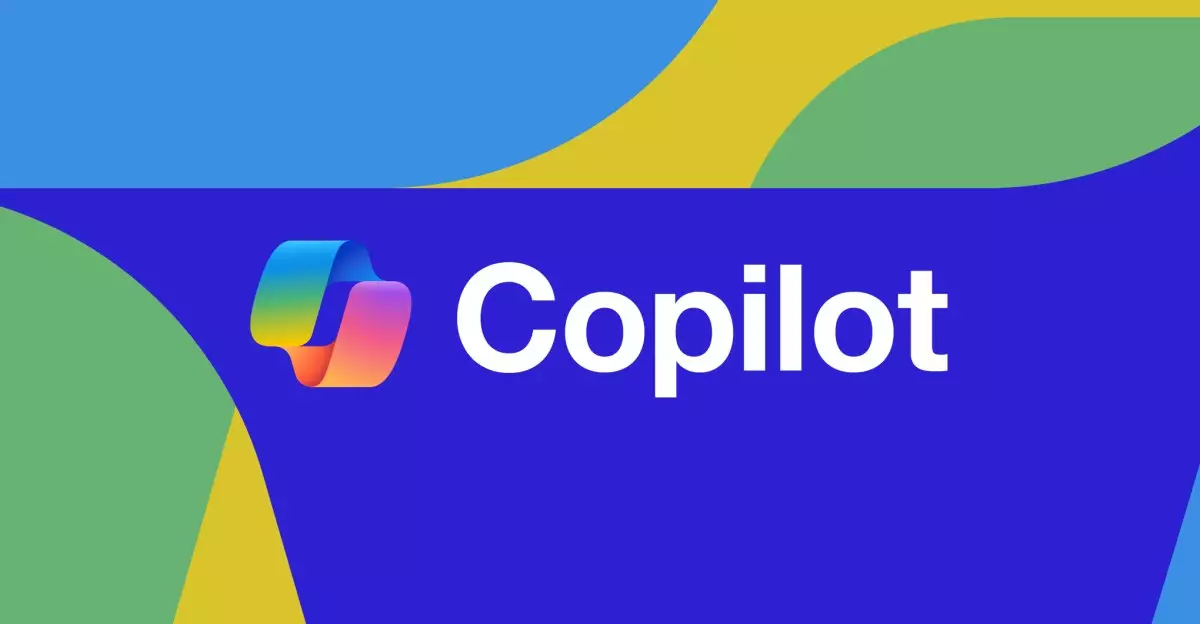In an era where personalization has become a core expectation of technology, Microsoft is capitalizing on this trend with its latest updates to Copilot. As the company celebrates its 50th anniversary, it seeks to redefine the boundaries of what an AI assistant can do. The user-centric enhancements to Copilot are not just about introducing new features; they represent a significant shift in how users interact with technology. Instead of merely serving as a tool, Copilot is evolving into a personalized digital companion that aims to understand and anticipate individual user needs.
The integration of features like memory and personalized responses marks a turning point in the AI landscape. Users can choose what information they wish to share, creating an avenue for tailored experiences that resonate on a personal level. This move towards personalization is commendable, reflecting a deeper understanding of the user’s importance in the equation of technology and artificial intelligence.
The Promise of Memory and Personal Engagement
One of the standout features of the Copilot update is its memory capability, which allows the assistant to retain details such as birthdays, preferences, and interests. This innovation not only enhances user interaction but also demonstrates a commitment to fostering genuine relationships between technology and its users. The ability to remember provides a layer of convenience that traditional assistants have lacked, which encourages users to engage more deeply with the platform.
However, while the notion of a memory-capable AI sounds promising, it raises questions around privacy and user control. Microsoft is transparent about allowing users to opt out of memory features altogether. This approach reflects a needed sensitivity to user concerns and indicates a potential for trust to be built with technology that understands us better. Yet, the efficacy of this personalization hinges on the balance between convenience and privacy—a tightrope that Microsoft will need to navigate carefully as it rolls out these features.
Expanding Capabilities: Actions and Insights
The introduction of the Actions feature enables Copilot to execute tasks beyond simple queries, allowing it to interact with web services much like its competitors. This transformative functionality empowers Copilot to carry out direct actions such as booking tickets or making restaurant reservations, placing it on par with the likes of OpenAI’s Operator and Amazon’s Nova Act model. The seamless execution of these tasks signifies a new era of AI utility that combines efficiency with intelligent guidance, giving users more control over their daily activities.
Moreover, the newly introduced Copilot Vision expands the assistant’s capabilities even further, enabling it to interpret visual data via the camera in phones or PCs. This opens the door to a multitude of applications, from analyzing items in a user’s environment to providing instant information about visible content. The ability to interact based on visual inputs could revolutionize how information is accessed, offering a more immersive and engaging experience.
Deep Research and Integrated Functionality
With the Deep Research feature, Copilot takes a giant leap forward in analyzing vast amounts of data quickly, turning complex research tasks into manageable projects. This capability is timely, considering the growing demand for efficiency in data analysis. By integrating its powerful research abilities with Bing, users will benefit from instant, AI-enhanced responses that allow them to access relevant information quickly, streamlining the decision-making process, whether for work or study.
Furthermore, the introduction of podcast-style audio generation means Copilot can now convey information in an engaging format that may appeal to a wider audience. This versatility positions Copilot not only as a research assistant but also as an informative and entertaining content generator, illustrating the continuing evolution of AI utility.
The Future of Personal AI Interaction
As Microsoft gears up to roll out these advanced features, one can’t help but be excited about the future of personalized AI. The creative potential of ensuring that each user experiences a unique interface tailored to their needs is monumental. Plans for Copilot to adapt in form and function reflect an understanding that technology should serve the user—not the other way around.
Microsoft’s Copilot stands at the forefront of the personal AI revolution, poised to redefine how we interact with technology daily. The blend of personalization, intelligent automation, and rich user engagement positions Copilot as a formidable contender in the evolving landscape of AI—a harbinger of what’s to come in the world of digital assistants.


Leave a Reply